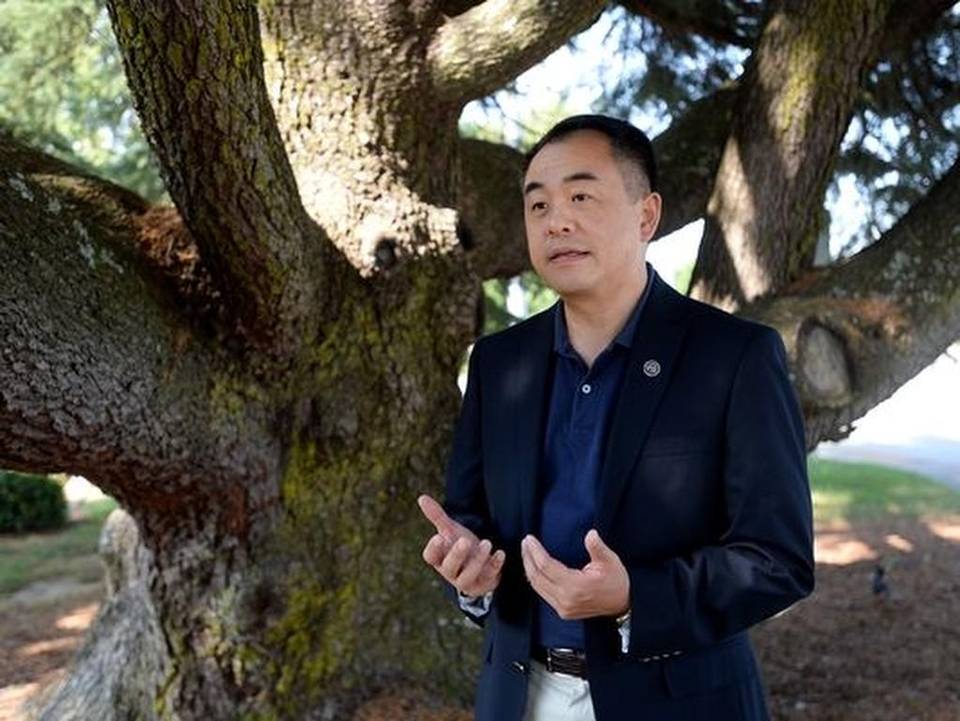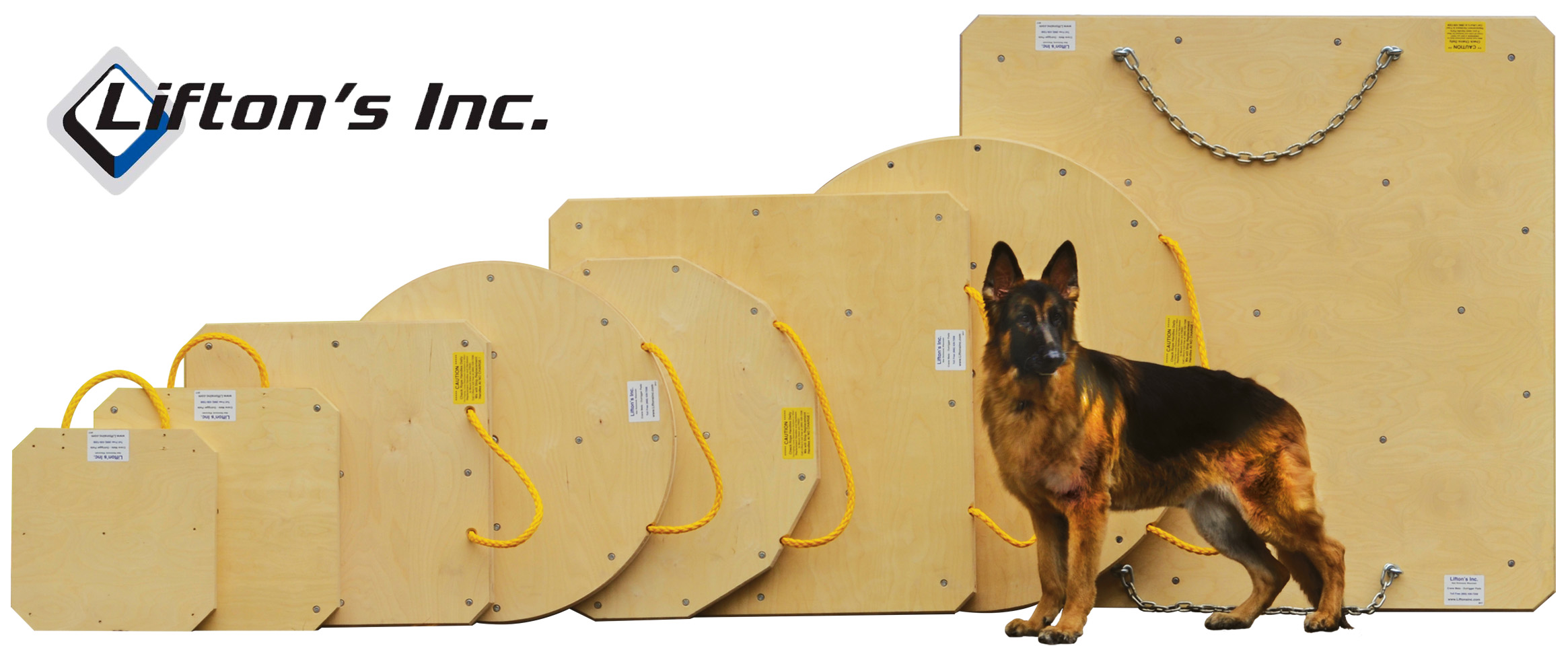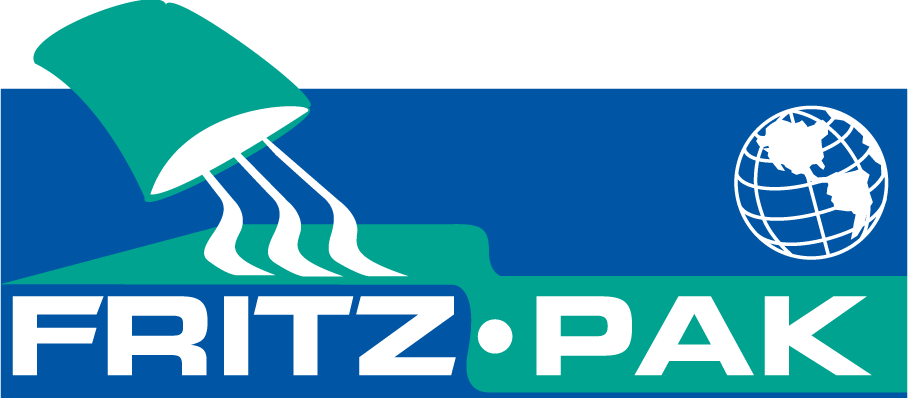
How a Greenville man has brought 2,200 Concrete Pumping jobs from China.
Jobs are coming to South Carolina from China, and Greenville resident John Ling is a big reason why.
Ling worked for the state Commerce Department for 14 years and ran its recruiting office in Shanghai for a decade before moving back to Greenville in 2014.
Over the years, he helped persuade nine Chinese companies to locate new factories in South Carolina.
Together, the manufacturers announced plans to spend nearly $800 million and create more than 2,200 jobs in the counties of Greenville, Spartanburg, Laurens, Kershaw, Chester, Lancaster, Clarendon and Richland.
The most recent announcement — and the biggest — came on May 31 when the Commerce Department said a firm called China Jushi would spend $300 million and hire 400 people for a new fiberglass factory in Columbia.
Ling said the project started with a visit he made to the company’s chairman in 2012.
The recruiting work took longer than expected, he said, after the company decided to spend more than $450 million in Egypt first.
Before the May 31 announcement, Ling’s biggest project was a $218 million, 501-worker textile plant in Lancaster County. China-based Keer Group announced plans for that cotton yarn factory in late 2013.
In the Upstate, Ling helped recruit the 120-worker American Yuncheng Plate Making plant in Spartanburg, the 100-worker Uniscite plastic film plant in Gray Court and a 109-worker automotive textile plant planned in Travelers Rest by Suzhou Glacier Import & Export.
Ling said the BMW plant between Greenville and Spartanburg is responsible for recruiting Jiangnan Mold Plastic Technology Corp., a Chinese auto parts maker that announced a 150-worker plant for Greer in April.
Ling said he did not play a direct role in recruiting the $500 million, 4,000-worker Volvo car plant under construction in Berkeley County. The company building that plant, Volvo Car Corporation, is based in Sweden but is owned by a Chinese automaker called Geely.
Ling also helped another Chinese company, Greenfield Industries, expand in Seneca.
From Chongqing To Greenville
Ling, 47, was born in Chongqing, China, the son of a cardiologist, and moved to South Carolina in 1991 to attend graduate school.
After getting a master’s degree in business administration from Charleston Southern University, he went to work for a Charleston company that exported metal buildings.
He moved to Greenville in 1995 and stayed five years after his wife, Sophie, got a job at Greenville Glass, a Chinese-owned company that at the time operated a distribution center in Moonville.
In 1998, Ling was on a business trip to China when he met executives with Haier Group, a major Chinese manufacturer of home appliances and other consumer goods.
While trying to sell Haier a metal building, Ling discovered the company was thinking about building a refrigerator plant in Florida or Connecticut.
Ling said he told the Haier executives that South Carolina would be a better location.
The company eventually agreed.
Haier announced a $40 million refrigerator plant for Camden in 1999, the first greenfield manufacturing operation by a Chinese company in the United States, according to the Rhodium Group, an economic research firm that tracks Chinese investment in the United States.
This past August, Haier said it would spend another $72 million expanding the plant and add 410 jobs for a total work force of 510.
As a result of his experience with Haier, Ling sought and secured a job at the Commerce Department in 2000, helping South Carolina companies export their products to Asia.
In 2003, he was tapped to help arrange a trade mission to China by then Gov. Mark Sanford and Commerce Secretary Bob Faith.
Ling traveled to China ahead of time to set up meetings between Sanford, Faith and leading Chinese businessmen
In 2005, Faith established the Commerce Department’s Shanghai office and picked Ling to run it.
At the time, South Carolina was the first U.S. state to have an office in China that was “100 percent dedicated to inbound Chinese investment,” Ling said.
Four or five other U.S. states had offices in China at the time, he said, but they handled duties besides industrial recruitment such as export or tourism promotion or cultural exchange.
Ling said economic development is a relationship-driven business, and that’s especially true in the context of Chinese culture, where business transactions aren’t conducted until trust is first established between the transacting parties.
“So the physical presence in China is very important,” he said.
While Ling was very successful in recruiting jobs from China, he didn’t win every deal.
For example, a manufacturer of concrete-pumping equipment that he courted for South Carolina, Sany Heavy Industry, decided to put a 200-worker plant in Peachtree City, Georgia, instead, he said.
Ling moved back to Greenville in 2014 and left the Commerce Department last year.
Now he recruits Chinese investment for the state of Georgia and operates his own consultancy, Linvest Consulting.
He lives in Greenville with his wife and two daughters when he’s not in China on business.
More To Come?
Experts from the University of South Carolina’s Darla Moore School of Business said they expect the state to land more jobs from China over time.
Michael Murphree, an assistant professor of international business at the Moore School, said Chinese firms are making larger and more frequent investments around the world.
They have “begun to develop interests like all large corporations,” Murphree told The Greenville News in an email from China. “They will seek to diversify their production bases, access the best talent, and locate themselves close to their final markets.”
Murphree said research on foreign direct investment shows that when a country’s firms initially invest in a new country they start with a few pioneers that make limited investments.
“Then, as these firms make money and learn to navigate the new cultural, legal and institutional environment, it encourages other firms from the same country to follow suit,” Murphree said.
Early Chinese investments in South Carolina such as the Haier plant “have shown that South Carolina is an excellent investment location for manufacturing,” he said. “More firms will increasingly be confident to come and invest.”
Doug Woodward, a research economist at the Moore School, said Chinese investment will come to South Carolina in “fits and starts.”
“It’s like with the Europeans,” he said. “It starts kind of slowly and then it begins to build over time, over decades actually.”
The Chinese have the money to invest, Woodward said.
“It’s a question of where they’re going to invest. They will invest continually in China. But they need to have a presence in their major markets overseas, Europe and the US. So I am confident we’re going to see this continue.”
Read more here: http://www.thestate.com/news/business/article82190992.html#storylink=cpy
Ling worked for the state Commerce Department for 14 years and ran its recruiting office in Shanghai for a decade before moving back to Greenville in 2014.
Over the years, he helped persuade nine Chinese companies to locate new factories in South Carolina.
Together, the manufacturers announced plans to spend nearly $800 million and create more than 2,200 jobs in the counties of Greenville, Spartanburg, Laurens, Kershaw, Chester, Lancaster, Clarendon and Richland.
The most recent announcement — and the biggest — came on May 31 when the Commerce Department said a firm called China Jushi would spend $300 million and hire 400 people for a new fiberglass factory in Columbia.
Ling said the project started with a visit he made to the company’s chairman in 2012.
The recruiting work took longer than expected, he said, after the company decided to spend more than $450 million in Egypt first.
Before the May 31 announcement, Ling’s biggest project was a $218 million, 501-worker textile plant in Lancaster County. China-based Keer Group announced plans for that cotton yarn factory in late 2013.
In the Upstate, Ling helped recruit the 120-worker American Yuncheng Plate Making plant in Spartanburg, the 100-worker Uniscite plastic film plant in Gray Court and a 109-worker automotive textile plant planned in Travelers Rest by Suzhou Glacier Import & Export.
Ling said the BMW plant between Greenville and Spartanburg is responsible for recruiting Jiangnan Mold Plastic Technology Corp., a Chinese auto parts maker that announced a 150-worker plant for Greer in April.
Ling said he did not play a direct role in recruiting the $500 million, 4,000-worker Volvo car plant under construction in Berkeley County. The company building that plant, Volvo Car Corporation, is based in Sweden but is owned by a Chinese automaker called Geely.
Ling also helped another Chinese company, Greenfield Industries, expand in Seneca.
Ling, 47, was born in Chongqing, China, the son of a cardiologist, and moved to South Carolina in 1991 to attend graduate school.
After getting a master’s degree in business administration from Charleston Southern University, he went to work for a Charleston company that exported metal buildings.
He moved to Greenville in 1995 and stayed five years after his wife, Sophie, got a job at Greenville Glass, a Chinese-owned company that at the time operated a distribution center in Moonville.
In 1998, Ling was on a business trip to China when he met executives with Haier Group, a major Chinese manufacturer of home appliances and other consumer goods.
While trying to sell Haier a metal building, Ling discovered the company was thinking about building a refrigerator plant in Florida or Connecticut.
Ling said he told the Haier executives that South Carolina would be a better location.
The company eventually agreed.
Haier announced a $40 million refrigerator plant for Camden in 1999, the first greenfield manufacturing operation by a Chinese company in the United States, according to the Rhodium Group, an economic research firm that tracks Chinese investment in the United States.
This past August, Haier said it would spend another $72 million expanding the plant and add 410 jobs for a total work force of 510.
As a result of his experience with Haier, Ling sought and secured a job at the Commerce Department in 2000, helping South Carolina companies export their products to Asia.
In 2003, he was tapped to help arrange a trade mission to China by then Gov. Mark Sanford and Commerce Secretary Bob Faith.
Ling traveled to China ahead of time to set up meetings between Sanford, Faith and leading Chinese businessmen
In 2005, Faith established the Commerce Department’s Shanghai office and picked Ling to run it.
At the time, South Carolina was the first U.S. state to have an office in China that was “100 percent dedicated to inbound Chinese investment,” Ling said.
Four or five other U.S. states had offices in China at the time, he said, but they handled duties besides industrial recruitment such as export or tourism promotion or cultural exchange.
Ling said economic development is a relationship-driven business, and that’s especially true in the context of Chinese culture, where business transactions aren’t conducted until trust is first established between the transacting parties.
“So the physical presence in China is very important,” he said.
While Ling was very successful in recruiting jobs from China, he didn’t win every deal.
For example, a manufacturer of concrete-pumping equipment that he courted for South Carolina, Sany Heavy Industry, decided to put a 200-worker plant in Peachtree City, Georgia, instead, he said.
Ling moved back to Greenville in 2014 and left the Commerce Department last year.
Now he recruits Chinese investment for the state of Georgia and operates his own consultancy, Linvest Consulting.
He lives in Greenville with his wife and two daughters when he’s not in China on business.
More To Come?
Experts from the University of South Carolina’s Darla Moore School of Business said they expect the state to land more jobs from China over time.
Michael Murphree, an assistant professor of international business at the Moore School, said Chinese firms are making larger and more frequent investments around the world.
They have “begun to develop interests like all large corporations,” Murphree told The Greenville News in an email from China. “They will seek to diversify their production bases, access the best talent, and locate themselves close to their final markets.”
Murphree said research on foreign direct investment shows that when a country’s firms initially invest in a new country they start with a few pioneers that make limited investments.
“Then, as these firms make money and learn to navigate the new cultural, legal and institutional environment, it encourages other firms from the same country to follow suit,” Murphree said.
Early Chinese investments in South Carolina such as the Haier plant “have shown that South Carolina is an excellent investment location for manufacturing,” he said. “More firms will increasingly be confident to come and invest.”
Doug Woodward, a research economist at the Moore School, said Chinese investment will come to South Carolina in “fits and starts.”
“It’s like with the Europeans,” he said. “It starts kind of slowly and then it begins to build over time, over decades actually.”
The Chinese have the money to invest, Woodward said.
“It’s a question of where they’re going to invest. They will invest continually in China. But they need to have a presence in their major markets overseas, Europe and the US. So I am confident we’re going to see this continue.”
Read more here: http://www.thestate.com/news/business/article82190992.html#storylink=cpy
Source: http://www.thestate.com/news/business/article82190992.html

_1.png)


















.jpg)
.gif)

.jpg)









.jpg)








